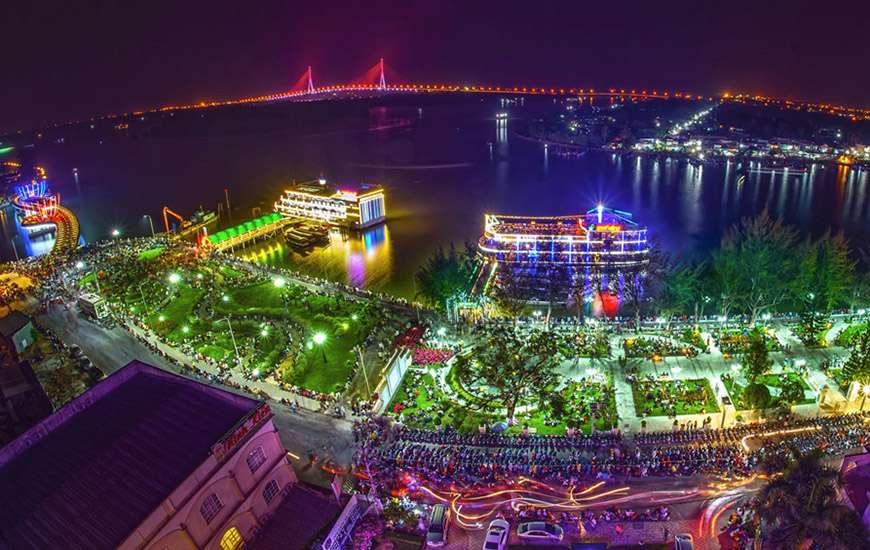Can Tho, the most populated city in the Mekong Delta region, aims to become the first smart city in the southwestern region by 2025, according to Dao Anh Dung, vice chairman of Can Tho City People’s Committee.

Can Tho has scored 66.78 out of 100 points in the City Prosperity Initiative (CPI) designed by UN-Habitat, according to Dung.
The CPI measures how cities create and distribute socio-economic benefits or prosperity. UN-Habitat uses six categories to characterize urban prosperity: productivity, infrastructure development, quality of life, equity, social inclusion, and environmental sustainability.
The CPI, which is a global initiative that provides an innovative approach to urban measurements, is meant to identify opportunities and potential areas of intervention for cities to become more prosperous.
It collects information (data, indices and urban indicators) and transforms the information into knowledge, serving as the basis for the formulation of urban evidence-based policies, city visions, and long-term action plans.
CPI aims to produce meaningful information at the city level, to define a limited number of actions on the basis of its diagnosis, and to measure how policies affect the prosperity of the city. This information helps strengthen cities’ monitoring and reporting capacities.
With its score of 66.78, Can Tho is likely to become a model urban area in the future if it strives to meet basic socio-economic indexes, according to Dung.
Dung said to achieve the goal of being a smart city, Can Tho would use modern information technology to serve the public and improve state management and the quality of life.
Can Tho would strive to adopt technological advances and improve competitiveness and global integration, he added.
Dung urged agencies to promote energy savings and a pro-business environment, with a focus on infrastructure and policies.
“Enterprises play an important role in the socio-economic development of smart urban areas, which should be supported with infrastructure and incentive policies based on modern technology,” he said.
Can Tho’s agencies have many plans to achieve their goals. The Department of Planning and Investment is building technical platforms to develop an e-government model, while the Department of Transport has started using IT to manage urban transport services.
“The long-term goal is to reduce traffic accidents, raise people’s awareness about traffic participation; reduce the risk of environmental pollution; improve the efficiency of overall planning and competitiveness, and attract investment in the city,” he noted.
[content_block id=4039 slug=posts-footer]





